Code
HCS34434
Weight
5.025 Kg / 11.08 lbs
Size
Height
36cm (14") Width
27cm (11") Depth
15cm (6") Material
Copper
Availability
Available

Safe Payment
We accept Paypal, Money Transfer, Bank Transfer
Confidence
Protection covers your purchase and personal data.
Worldwide Delivery
We ship Worldwide, except Russia.Shipping cost US$25.2 for upto 0.5 kgs

Hotline
Talk to help line for your question on 9841267335Full Fire Gold Plating
This [mahakala Four Arms], Buddhist Handmade Statue, [full Gold Plated], [face Painted] And [high Quality] is finished with full gold plating. also known as mercury gold plating or fire gold plating. This traditional technique involves the application of a genuine layer of gold onto the [mahakala Four Arms], Buddhist Handmade Statue, [full Gold Plated], [face Painted] And [high Quality]. Referred to as mercury gold plating, it is considered the correct and authentic form of gold plating in Nepal. Despite being more expensive than electroplating, this traditional mercury gold plating is gaining popularity again in Nepal. People are drawn to its authenticity, longevity, and the unmatched beauty it brings to the [mahakala Four Arms], Buddhist Handmade Statue, [full Gold Plated], [face Painted] And [high Quality]. The resurgence of interest in this traditional form of gold plating reflects a growing appreciation for the craftsmanship and cultural heritage of Nepal Read More . . .
This [mahakala Four Arms], Buddhist Handmade Statue, [full Gold Plated], [face Painted] And [high Quality] is finished with full gold plating. also known as mercury gold plating or fire gold plating. This traditional technique involves the application of a genuine layer of gold onto the [mahakala Four Arms], Buddhist Handmade Statue, [full Gold Plated], [face Painted] And [high Quality]. Referred to as mercury gold plating, it is considered the correct and authentic form of gold plating in Nepal. Despite being more expensive than electroplating, this traditional mercury gold plating is gaining popularity again in Nepal. People are drawn to its authenticity, longevity, and the unmatched beauty it brings to the [mahakala Four Arms], Buddhist Handmade Statue, [full Gold Plated], [face Painted] And [high Quality]. The resurgence of interest in this traditional form of gold plating reflects a growing appreciation for the craftsmanship and cultural heritage of Nepal Read More . . .
Gold Painted Face
The face of [mahakala Four Arms], Buddhist Handmade Statue, [full Gold Plated], [face Painted] And [high Quality] is painted with gold to enhance its significant features, particularly the eyes, and lips. This detailed painting is essential as it brings forth the crucial attributes of the expression of eyes and lips that metal carving alone cannot capture.
Moreover, the painted face serves as a symbolic and sacred ritual in Buddhism, preparing the statue for consecration and practice. The act of painting the face with gold in Buddhism holds deep meaning. It represents the intention to bring life and expression to the statue, imbuing it with a sense of vitality and presence. The application of gold on the face showcases the devotion and craftsmanship of the artisans, ensuring that every detail is carefully attended to honor the sacred essence of the [mahakala Four Arms], Buddhist Handmade Statue, [full Gold Plated], [face Painted] And [high Quality]. Read More . . .
The face of [mahakala Four Arms], Buddhist Handmade Statue, [full Gold Plated], [face Painted] And [high Quality] is painted with gold to enhance its significant features, particularly the eyes, and lips. This detailed painting is essential as it brings forth the crucial attributes of the expression of eyes and lips that metal carving alone cannot capture.
Moreover, the painted face serves as a symbolic and sacred ritual in Buddhism, preparing the statue for consecration and practice. The act of painting the face with gold in Buddhism holds deep meaning. It represents the intention to bring life and expression to the statue, imbuing it with a sense of vitality and presence. The application of gold on the face showcases the devotion and craftsmanship of the artisans, ensuring that every detail is carefully attended to honor the sacred essence of the [mahakala Four Arms], Buddhist Handmade Statue, [full Gold Plated], [face Painted] And [high Quality]. Read More . . .
Lost-Wax System
This Mahakala of [mahakala Four Arms], Buddhist Handmade Statue, [full Gold Plated], [face Painted] And [high Quality] is made by the process of the Lost Wax system. This is a very complicated, time consuming and historic process of making metal sculptures.Which is why it is sometimes called Precision Casting as well. Hence the sculptures made by this process are comparatively expensive. There are many new, advanced and less time consuming methods of casting metal sculptures available as well. But due to the benefits provided by the traditional lost wax system in quality control and customization, we prefer the Loss wax system over Ceramic molding, or sand casting to make our Mahakala.
Below we have tried to illustrate the process of making a loss wax system statue: Read More . . .
This Mahakala of [mahakala Four Arms], Buddhist Handmade Statue, [full Gold Plated], [face Painted] And [high Quality] is made by the process of the Lost Wax system. This is a very complicated, time consuming and historic process of making metal sculptures.Which is why it is sometimes called Precision Casting as well. Hence the sculptures made by this process are comparatively expensive. There are many new, advanced and less time consuming methods of casting metal sculptures available as well. But due to the benefits provided by the traditional lost wax system in quality control and customization, we prefer the Loss wax system over Ceramic molding, or sand casting to make our Mahakala.
Below we have tried to illustrate the process of making a loss wax system statue: Read More . . .
The Four-Armed Mahakala :
Chaturbhuja Mahakala, meaning "four-armed Mahakala," is a revered deity in Tibetan Buddhism. This form of Mahakala is associated with power, protection, and the ability to overcome obstacles. With a fierce expression and a dark complexion, Chaturbhuja Mahakala is depicted with four arms, each holding significant symbolic objects. Devotees turn to this deity for guidance and assistance on their spiritual journey.
Iconography:
Chaturbhuja Mahakala is depicted with a wrathful appearance. His four arms hold various symbolic attributes, including a sword in the top right hand, representing the cutting of ignorance and obstacles. The other hands may hold a trident (trishula), a skull cup (kapala), and a lasso (pasha). He typically stands atop a corpse, symbolizing the transcendence of death and impermanence.
History:
The origins of Chaturbhuja Mahakala can be traced back to ancient Indian Buddhism, where the concept of Mahakala as a wrathful deity emerged. This form gained prominence in Tibetan Buddhism and is highly revered in the Kagyu and Gelug lineages. Chaturbhuja Mahakala is seen as a guardian and protector of the teachings and practitioners.
Temples and Monasteries:
While specific temples or monasteries dedicated solely to Chaturbhuja Mahakala may not be widely known, various Buddhist monasteries and temples in Nepal, such as Boudhanath Stupa, Swayambhunath Stupa, Kopan Monastery, and Shechen Monastery, incorporate worship and reverence for Mahakala within their sacred spaces.
Benefits of practicing Chaturbhuja Mahakala:
Devotees believe that practicing Chaturbhuja Mahakala can bring protection from negative influences, removal of obstacles, and the development of inner strength and fearlessness. By connecting with this deity, practitioners seek spiritual growth, transformation, and the attainment of enlightenment.
How to practice:
Practices associated with Chaturbhuja Mahakala involve mantra recitation, visualization, meditation, and ritual offerings. Engaging in ethical conduct, cultivating compassion, and dedicating one's actions for the benefit of all beings are also important aspects of the practice.
Mantras of Chaturbhuja Mahakala:
The primary mantra associated with Chaturbhuja Mahakala is "OM BENZA MAHAKALA HUNG PHAT." Chanting this mantra with devotion and focus is believed to invoke the blessings and protective power of Chaturbhuja Mahakala. Various lineages and practices may also have their own unique mantras associated with this deity.
Chaturbhuja Mahakala is depicted with a wrathful appearance. His four arms hold various symbolic attributes, including a sword in the top right hand, representing the cutting of ignorance and obstacles. The other hands may hold a trident (trishula), a skull cup (kapala), and a lasso (pasha). He typically stands atop a corpse, symbolizing the transcendence of death and impermanence.
History:
The origins of Chaturbhuja Mahakala can be traced back to ancient Indian Buddhism, where the concept of Mahakala as a wrathful deity emerged. This form gained prominence in Tibetan Buddhism and is highly revered in the Kagyu and Gelug lineages. Chaturbhuja Mahakala is seen as a guardian and protector of the teachings and practitioners.
Temples and Monasteries:
While specific temples or monasteries dedicated solely to Chaturbhuja Mahakala may not be widely known, various Buddhist monasteries and temples in Nepal, such as Boudhanath Stupa, Swayambhunath Stupa, Kopan Monastery, and Shechen Monastery, incorporate worship and reverence for Mahakala within their sacred spaces.
Benefits of practicing Chaturbhuja Mahakala:
Devotees believe that practicing Chaturbhuja Mahakala can bring protection from negative influences, removal of obstacles, and the development of inner strength and fearlessness. By connecting with this deity, practitioners seek spiritual growth, transformation, and the attainment of enlightenment.
How to practice:
Practices associated with Chaturbhuja Mahakala involve mantra recitation, visualization, meditation, and ritual offerings. Engaging in ethical conduct, cultivating compassion, and dedicating one's actions for the benefit of all beings are also important aspects of the practice.
Mantras of Chaturbhuja Mahakala:
The primary mantra associated with Chaturbhuja Mahakala is "OM BENZA MAHAKALA HUNG PHAT." Chanting this mantra with devotion and focus is believed to invoke the blessings and protective power of Chaturbhuja Mahakala. Various lineages and practices may also have their own unique mantras associated with this deity.


![[mahakala Four Arms], Buddhist Handmade Statue, [full Gold Plated], [face Painted] And [high Quality]](https://handicraftseller.com/uploads/pics/product/thumb/2024/11/34434.jpg)
![[mahakala Four Arms], Buddhist Handmade Statue, [full Gold Plated], [face Painted] And [high Quality]](https://handicraftseller.com/uploads/pics/product/thumb/2024/11/34434_0.jpg)
![[mahakala Four Arms], Buddhist Handmade Statue, [full Gold Plated], [face Painted] And [high Quality]](https://handicraftseller.com/uploads/pics/product/thumb/2024/11/34434_1.jpg)
![[mahakala Four Arms], Buddhist Handmade Statue, [full Gold Plated], [face Painted] And [high Quality]](https://handicraftseller.com/uploads/pics/product/thumb/2024/11/34434_2.jpg)
![[mahakala Four Arms], Buddhist Handmade Statue, [full Gold Plated], [face Painted] And [high Quality]](https://handicraftseller.com/uploads/pics/product/thumb/2024/11/34434_3.jpg)
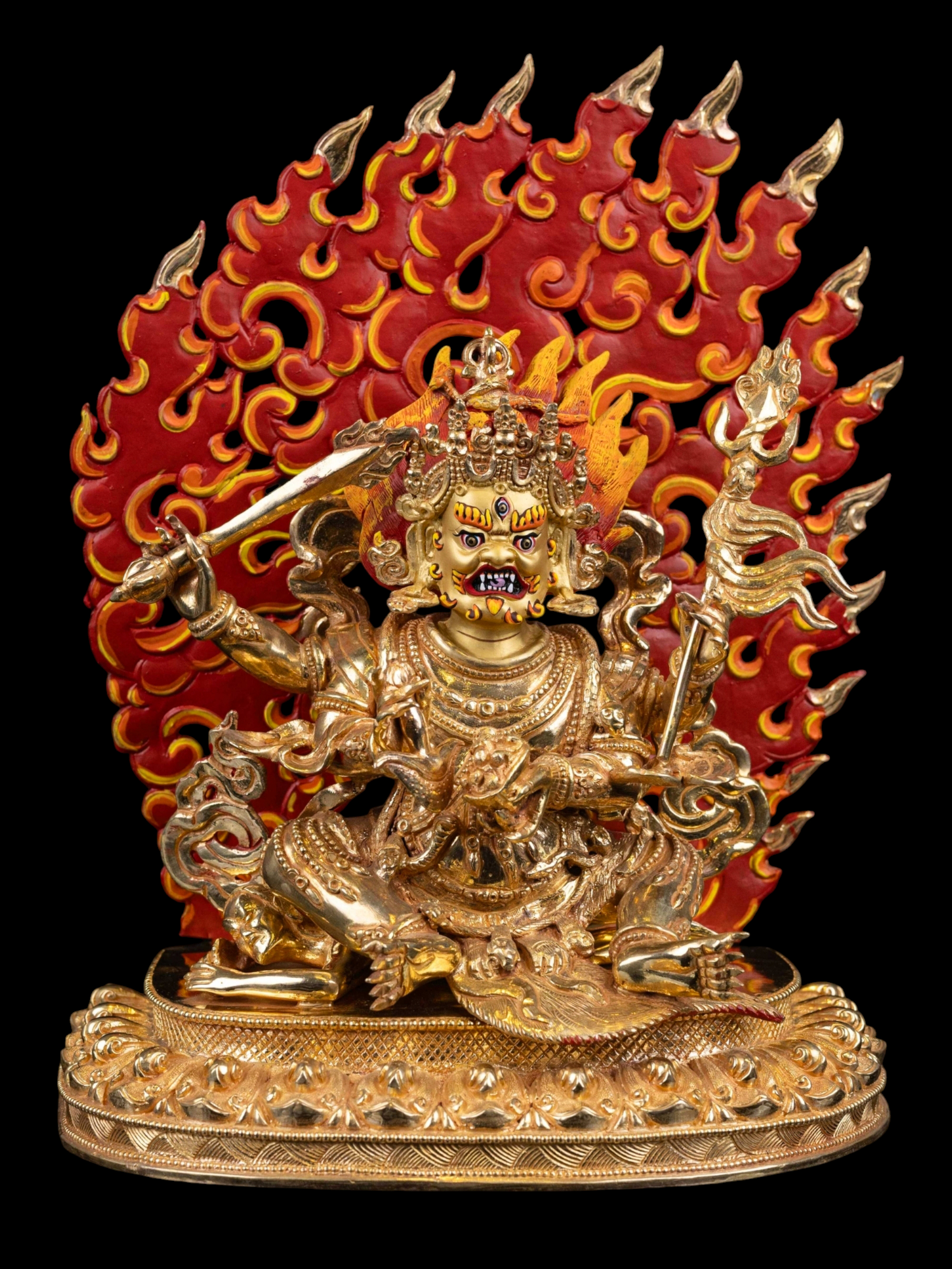

























































 of Unique White Mahakala Statue Bronze Finishing" title="Statue
of Unique White Mahakala Statue Bronze Finishing" title="Statue 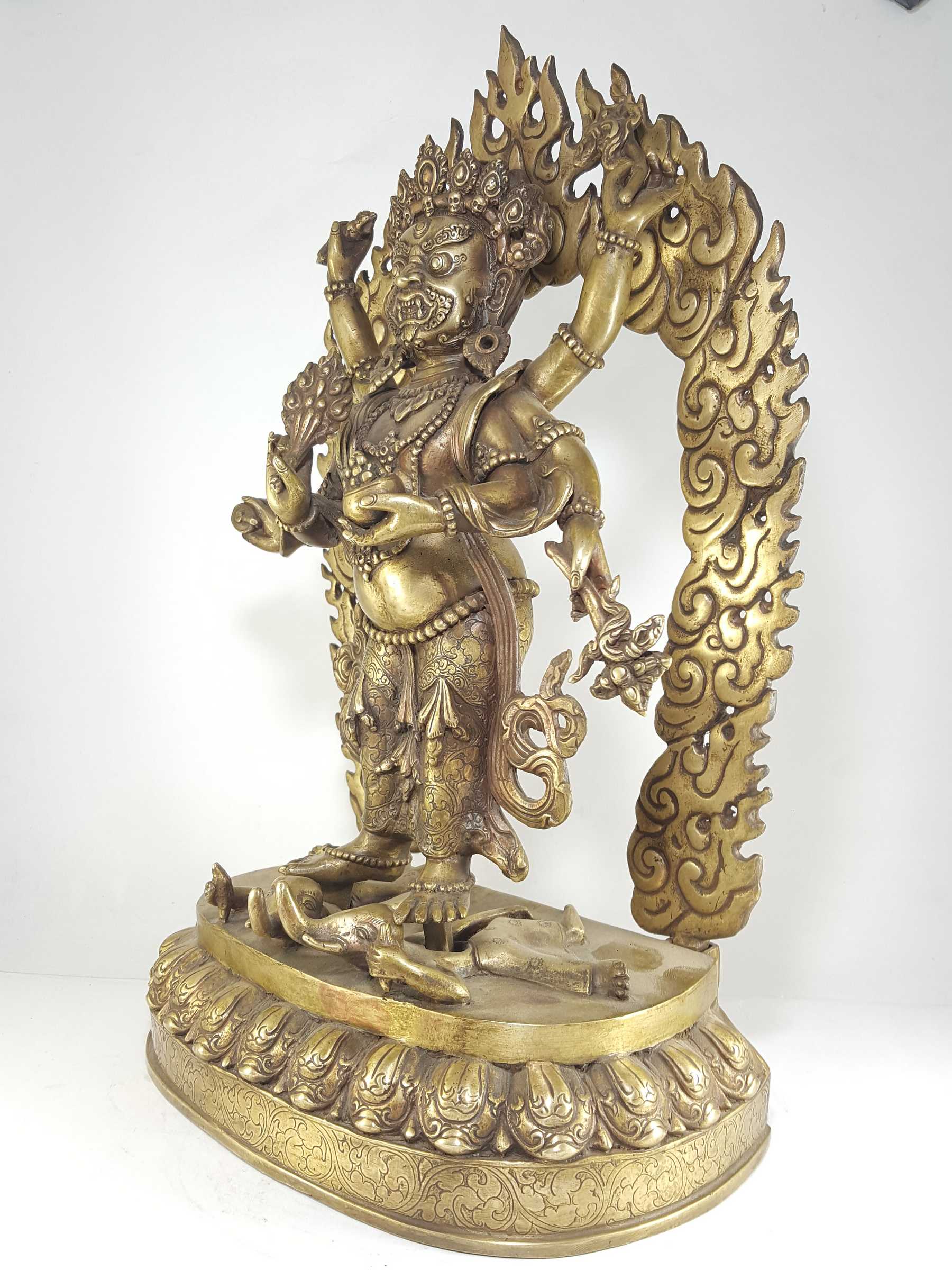 of Unique White Mahakala Statue Bronze Finishing" title="Statue
of Unique White Mahakala Statue Bronze Finishing" title="Statue 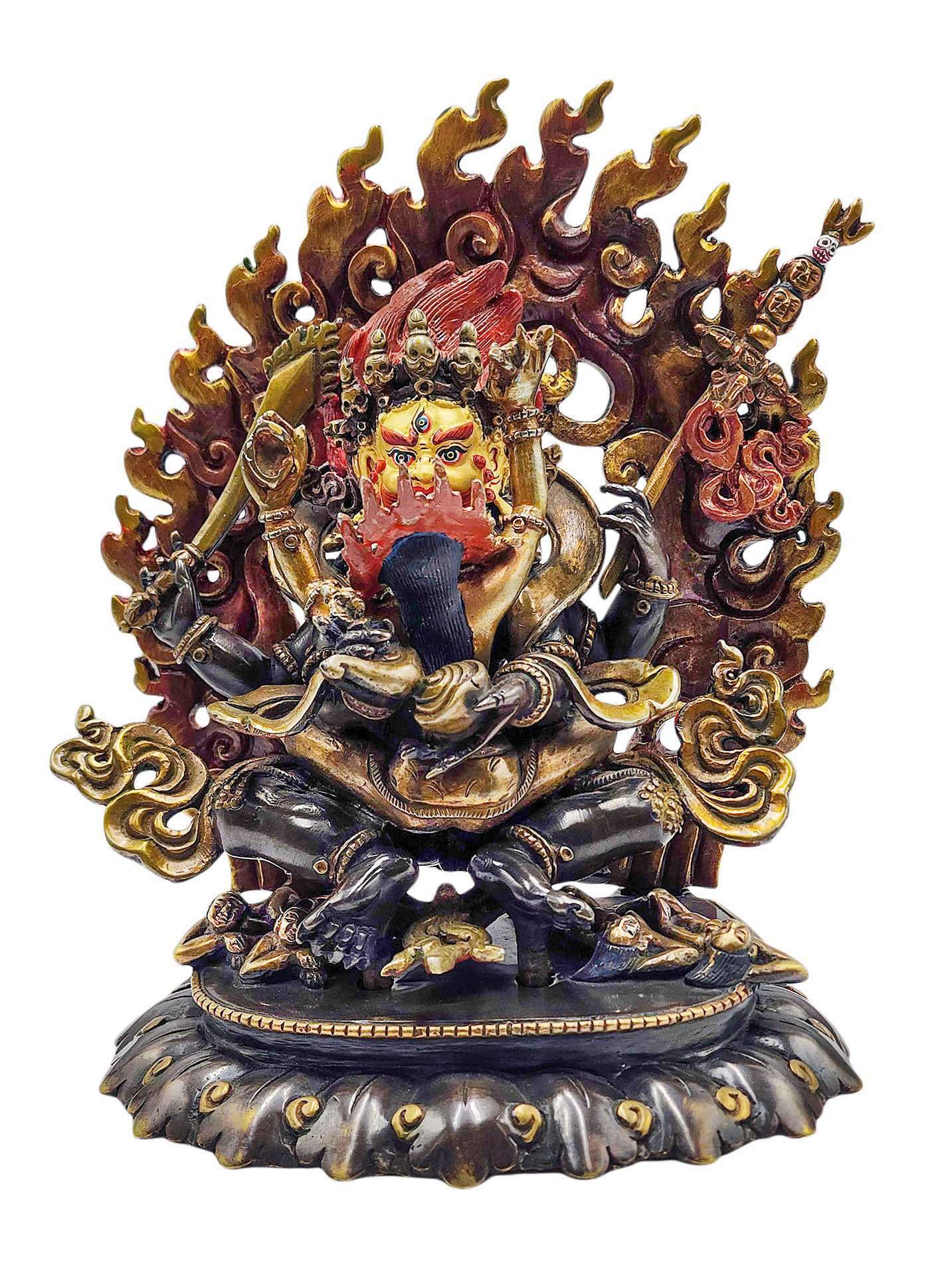 Black Mahakala, Buddhist Handmade Statue,
Black Mahakala, Buddhist Handmade Statue, 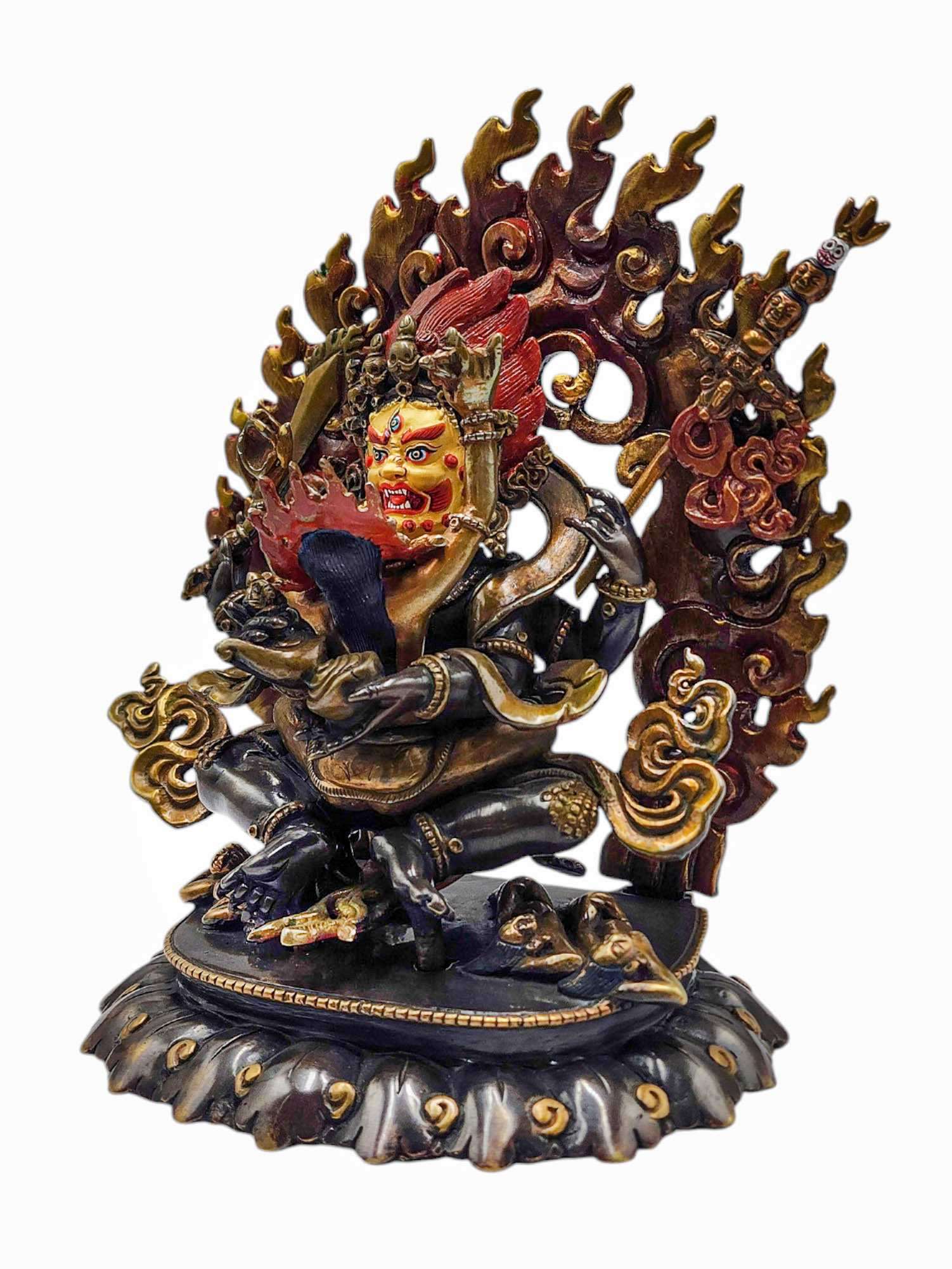 Black Mahakala, Buddhist Handmade Statue,
Black Mahakala, Buddhist Handmade Statue,  White Mahakala, Buddhist Handmade Statue,
White Mahakala, Buddhist Handmade Statue, 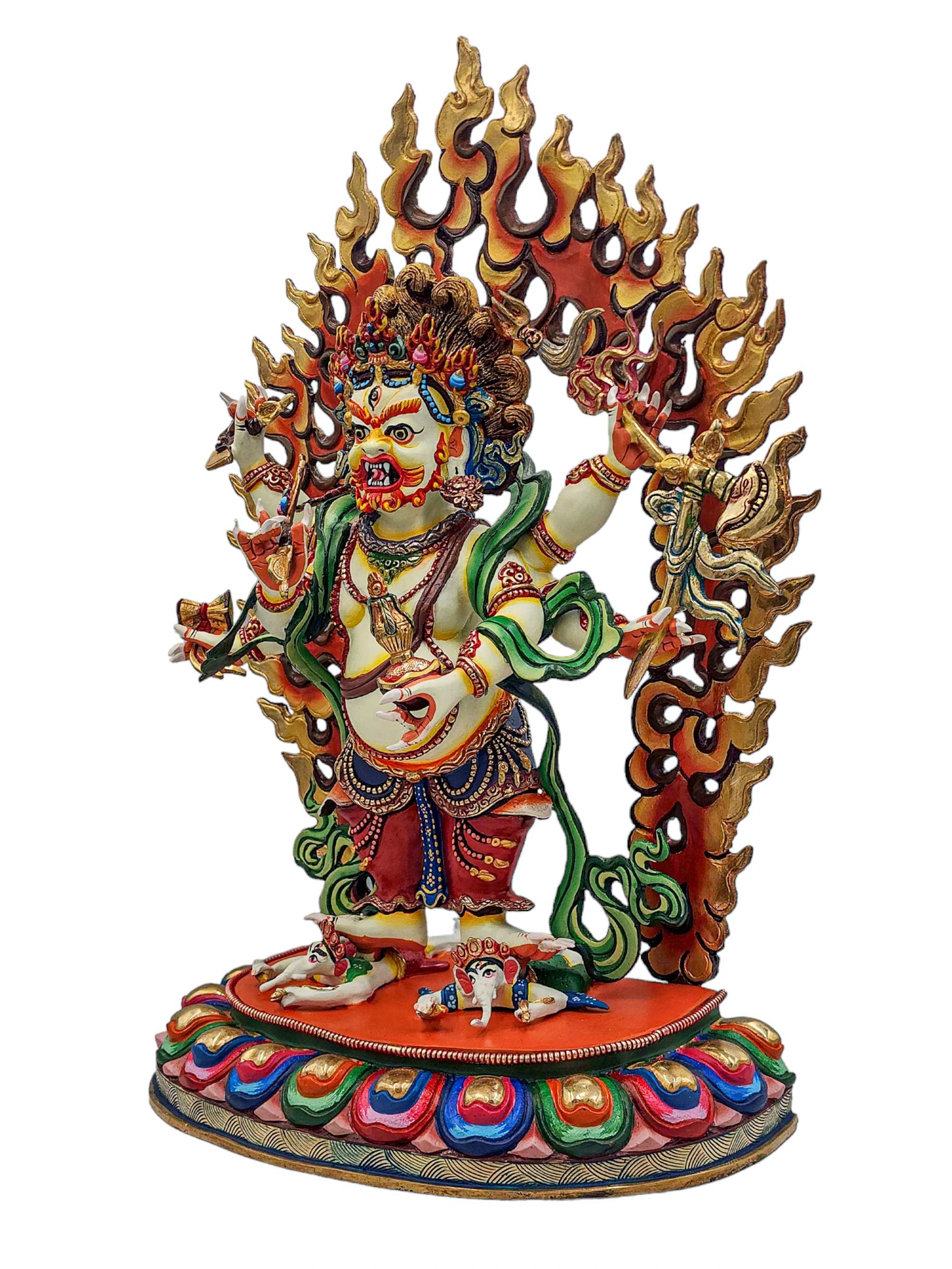 White Mahakala, Buddhist Handmade Statue,
White Mahakala, Buddhist Handmade Statue,  Chocolate Oxidized,
Chocolate Oxidized, 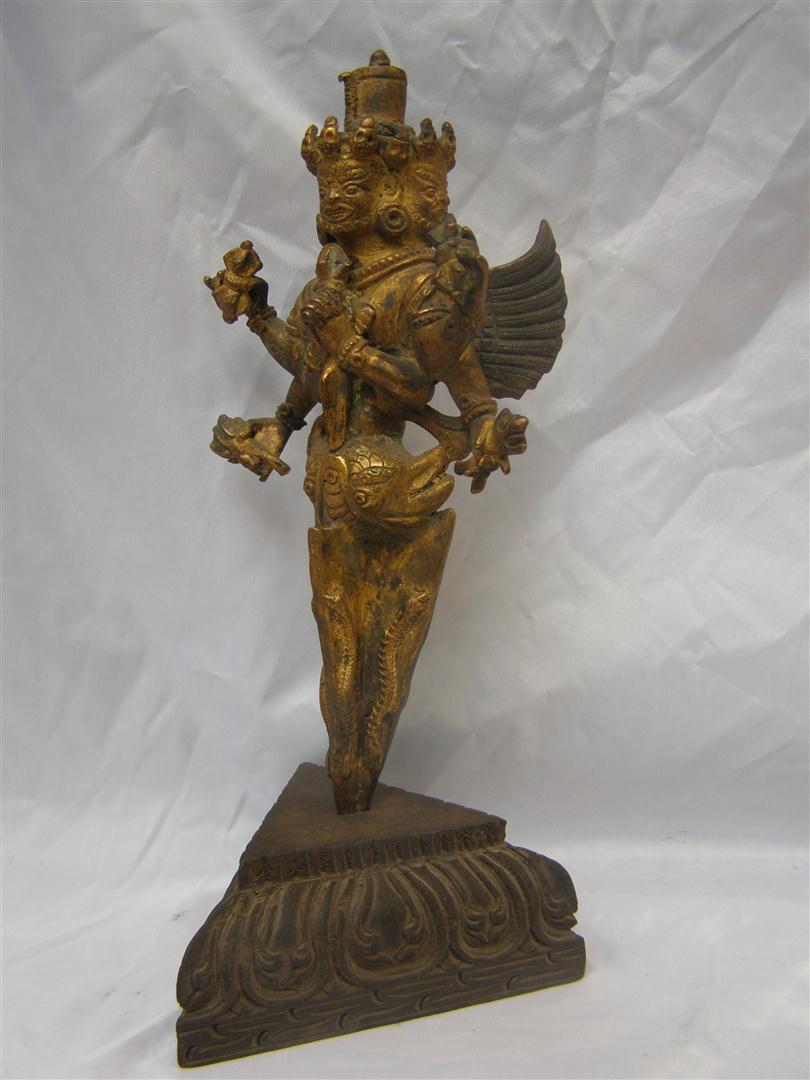 Full Gold Plated,
Full Gold Plated, 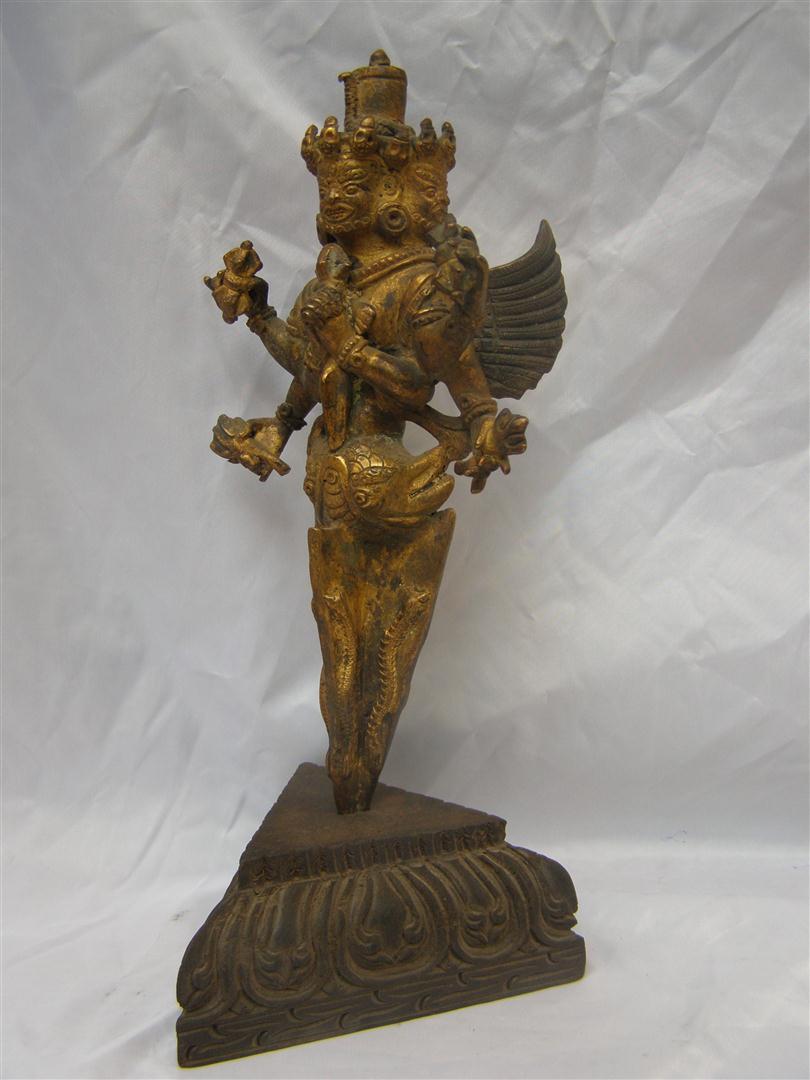 Full Gold Plated,
Full Gold Plated, 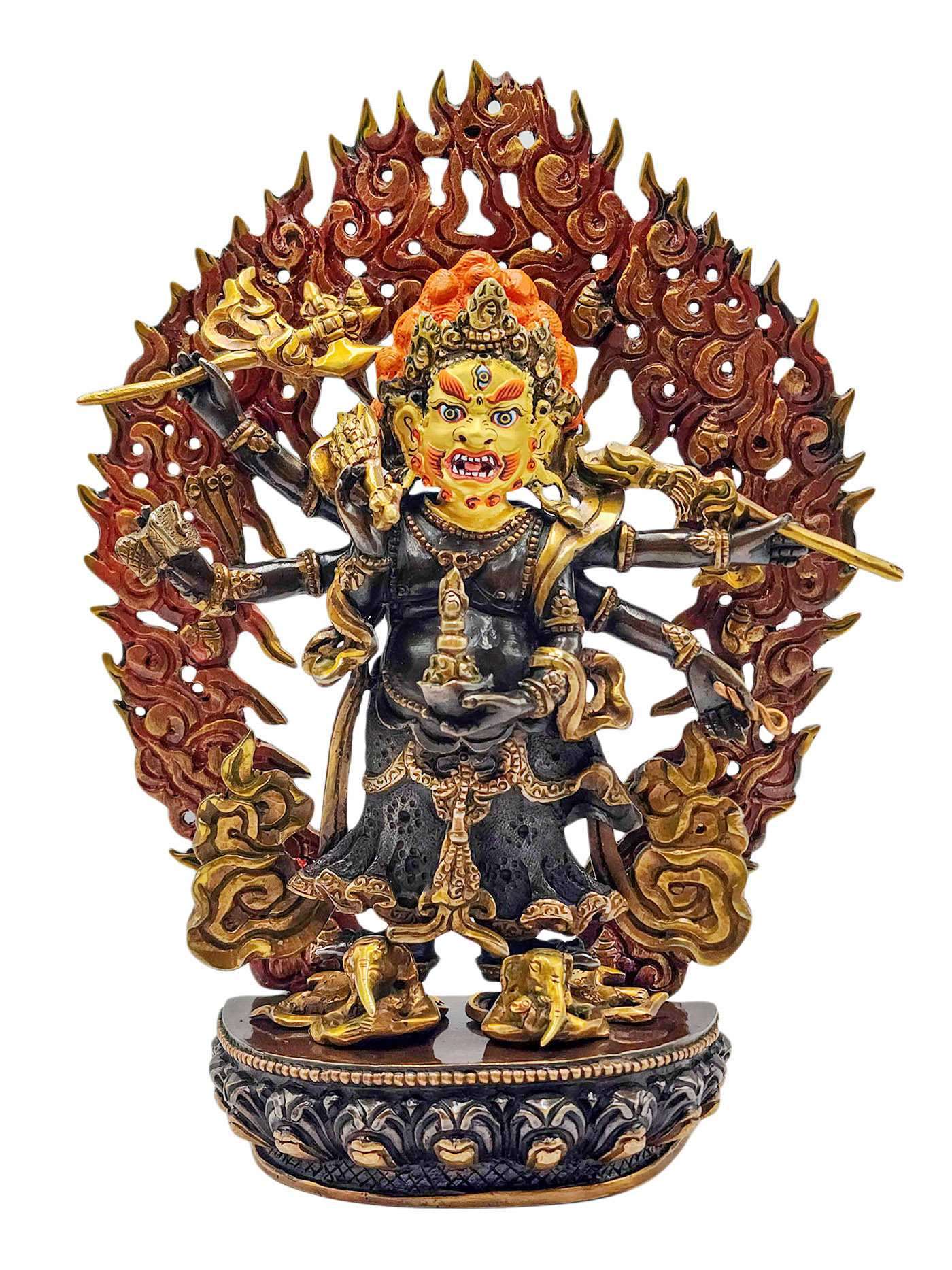 White Mahakala, Buddhist Handmade Statue,
White Mahakala, Buddhist Handmade Statue, 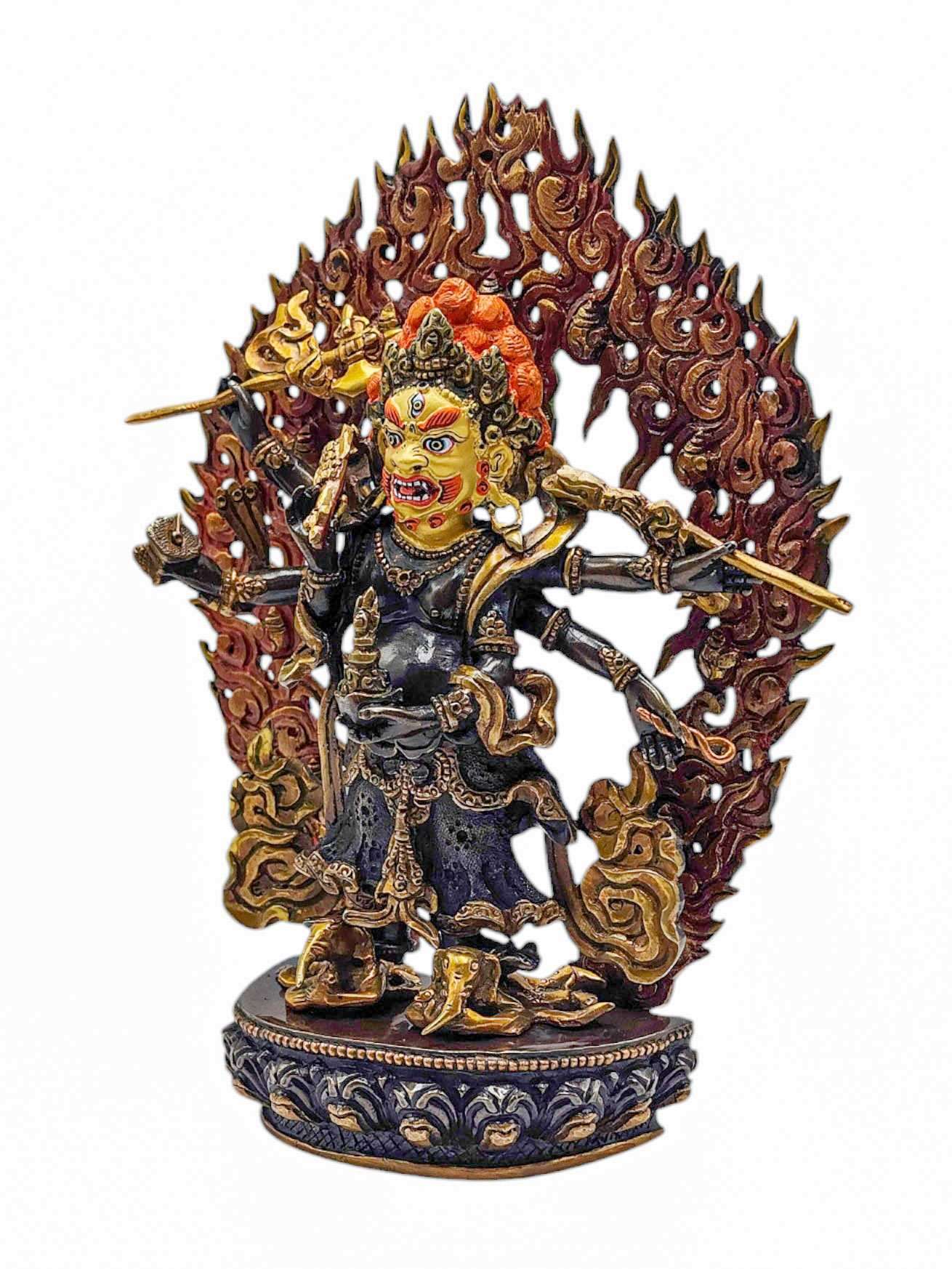 White Mahakala, Buddhist Handmade Statue,
White Mahakala, Buddhist Handmade Statue,  of Chenrezig
of Chenrezig 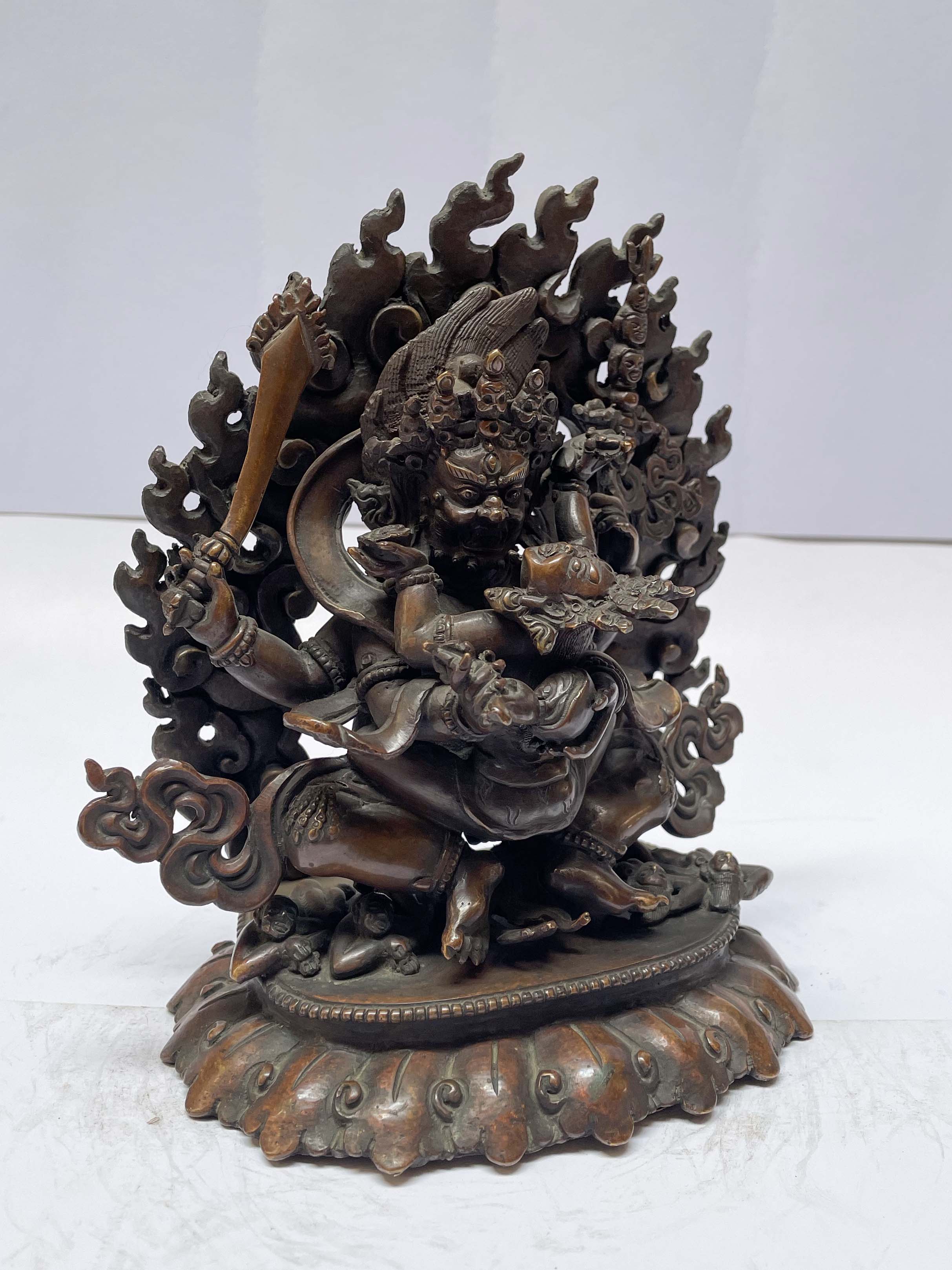 of Chenrezig
of Chenrezig  Old Post,
Old Post,  Chocolate Oxidized,
Chocolate Oxidized, 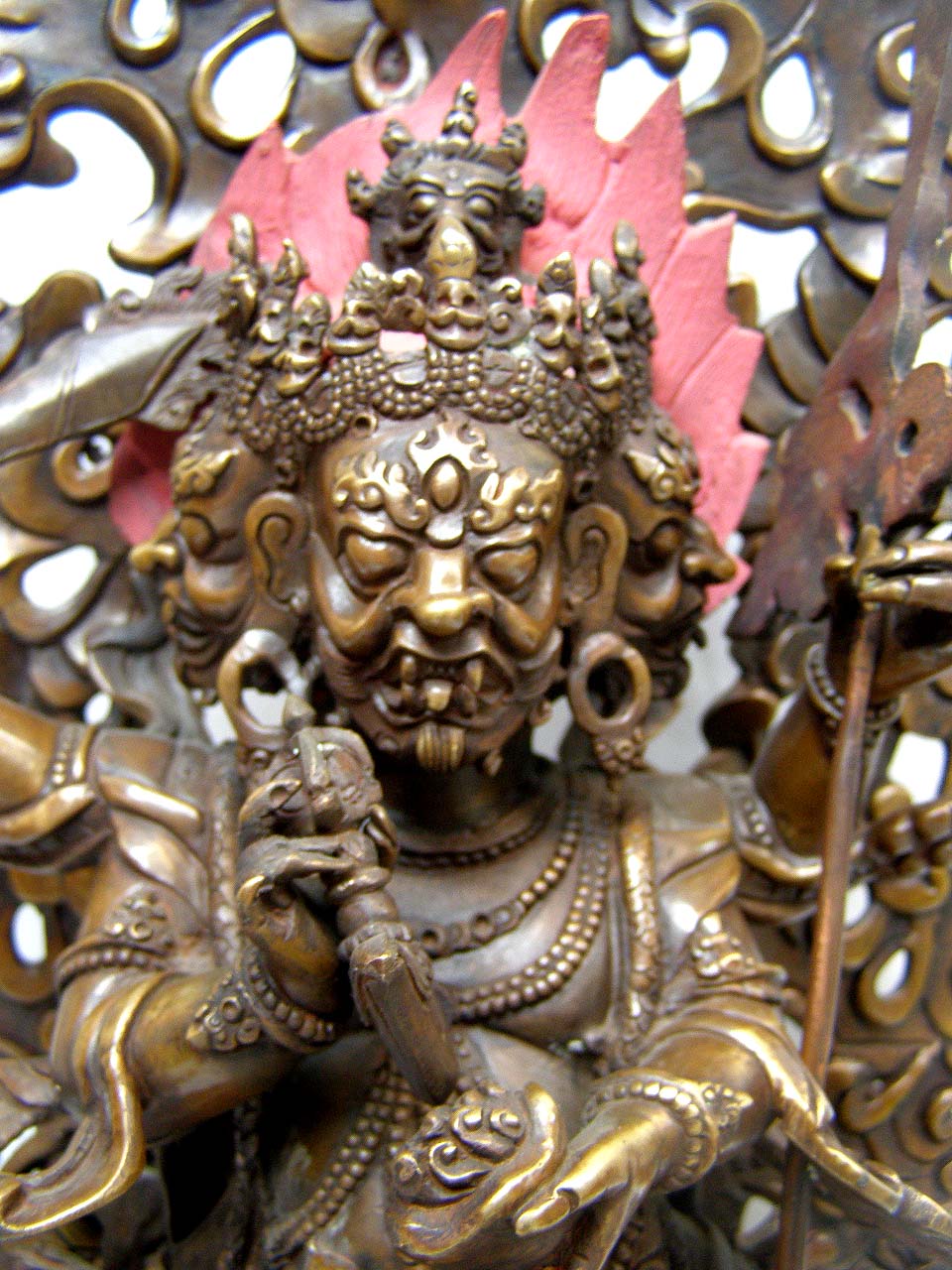 Chocolate Oxidized,
Chocolate Oxidized, 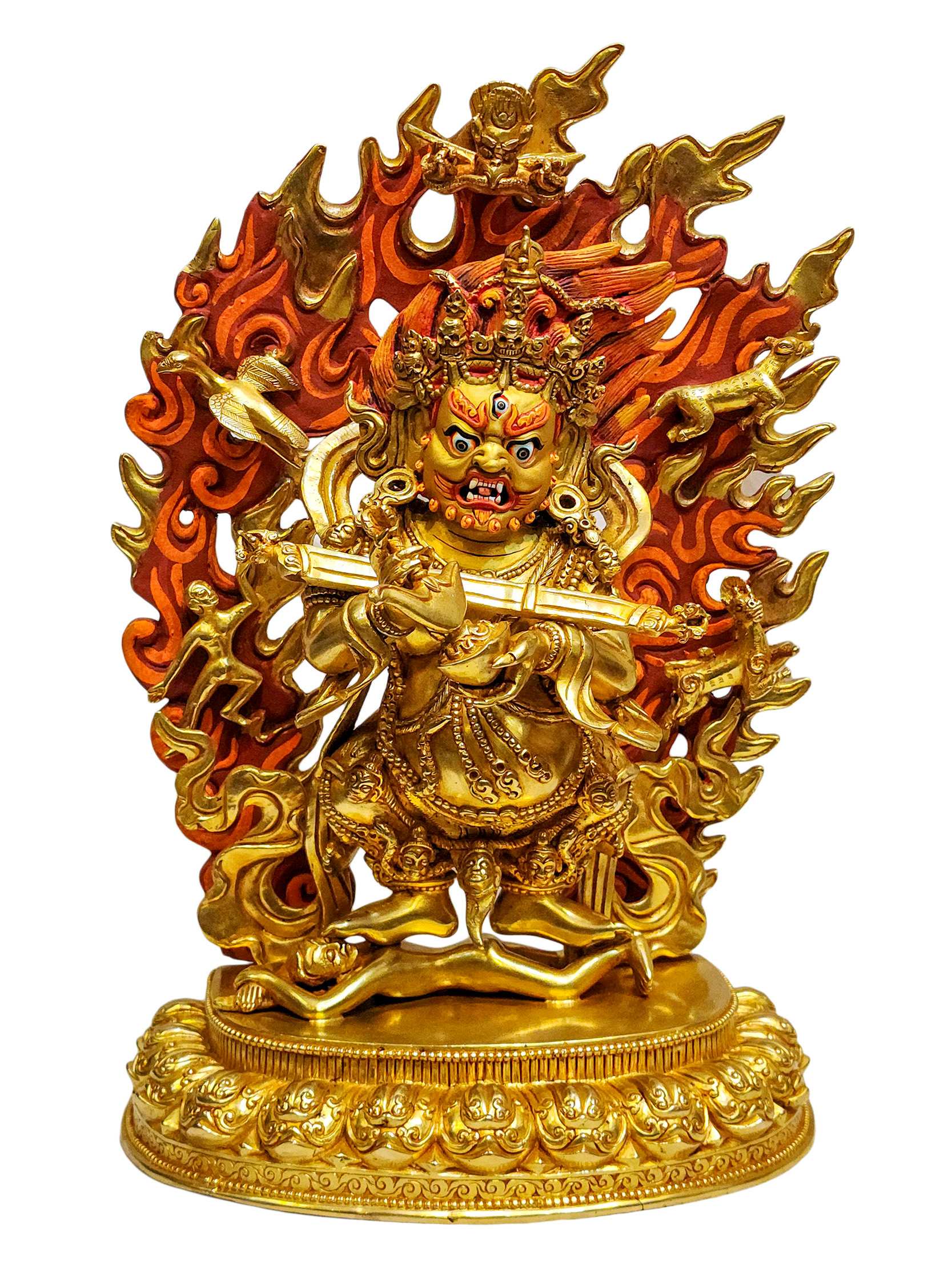 Mahakala Two Arms, Buddhist Handmade Statue,
Mahakala Two Arms, Buddhist Handmade Statue, 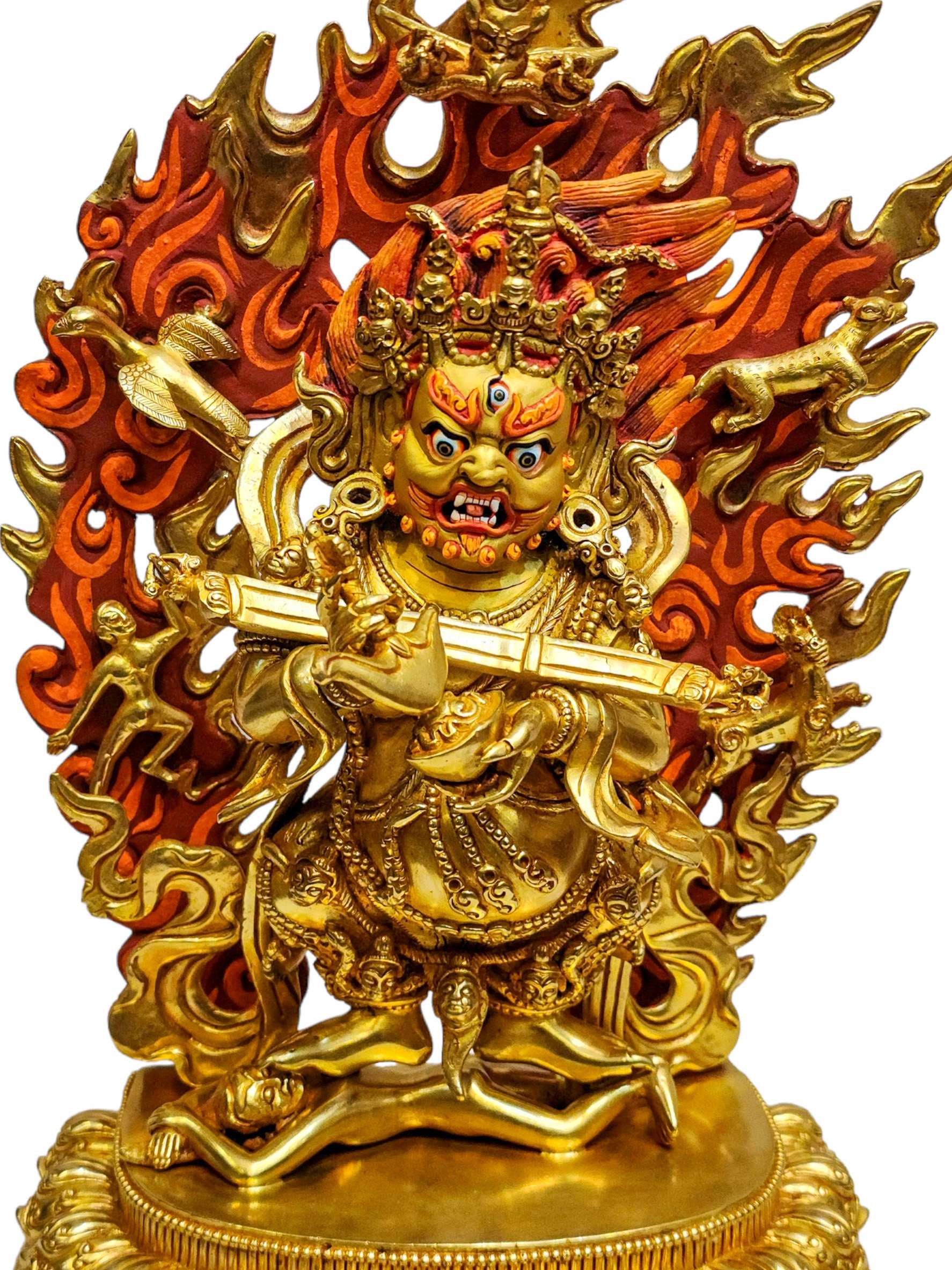 Mahakala Two Arms, Buddhist Handmade Statue,
Mahakala Two Arms, Buddhist Handmade Statue,